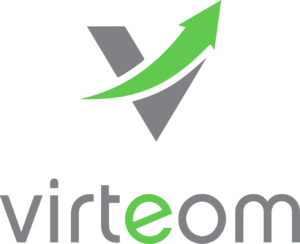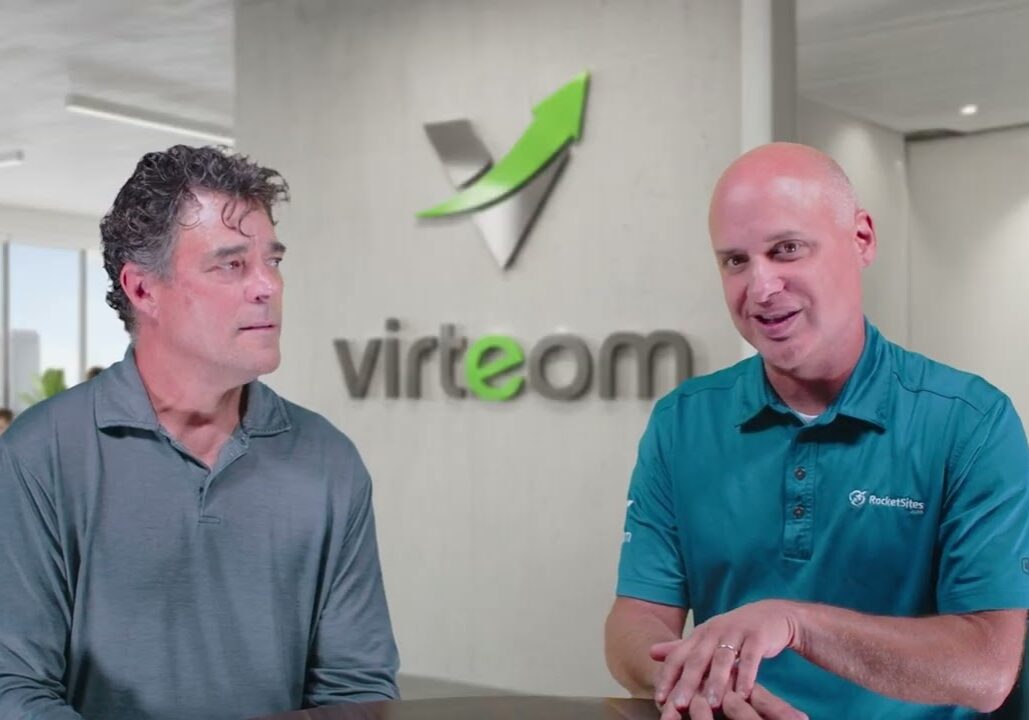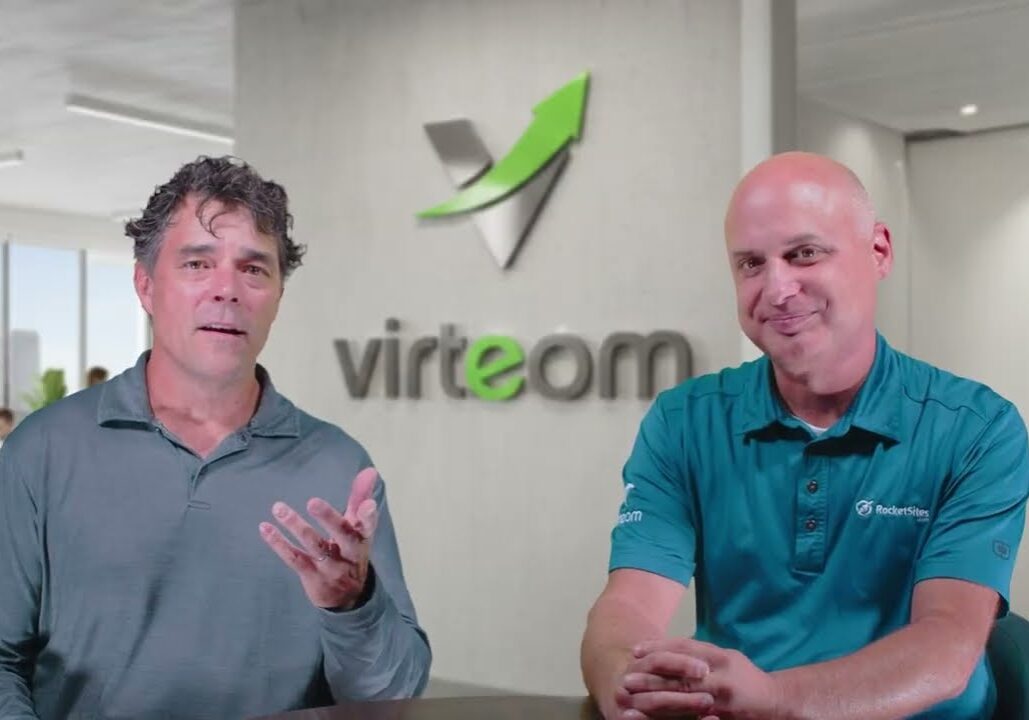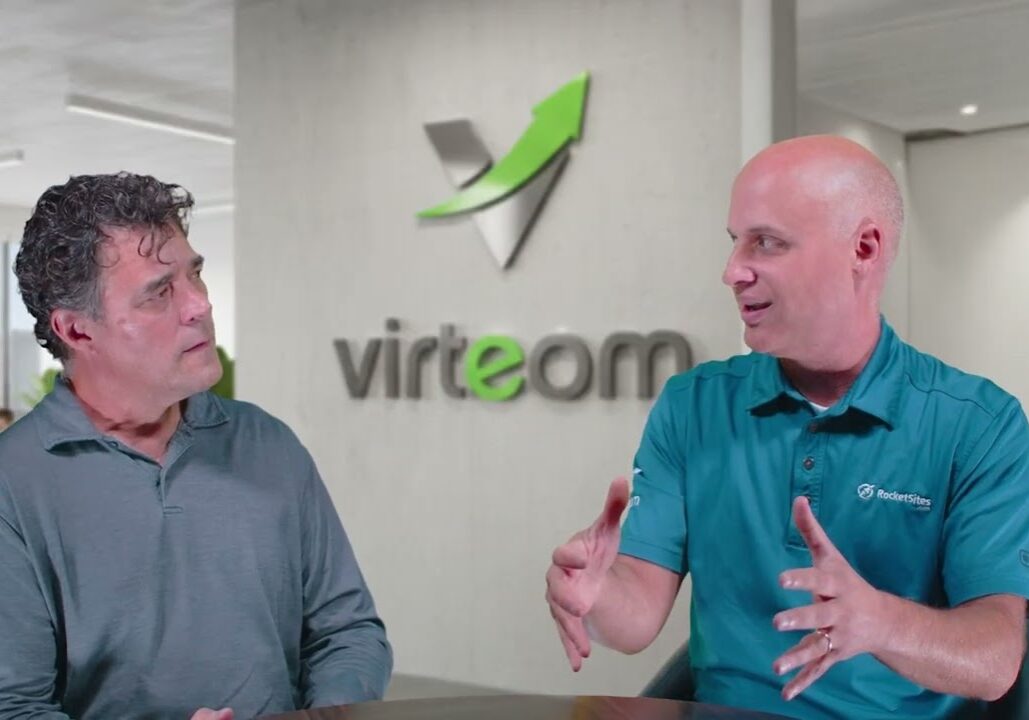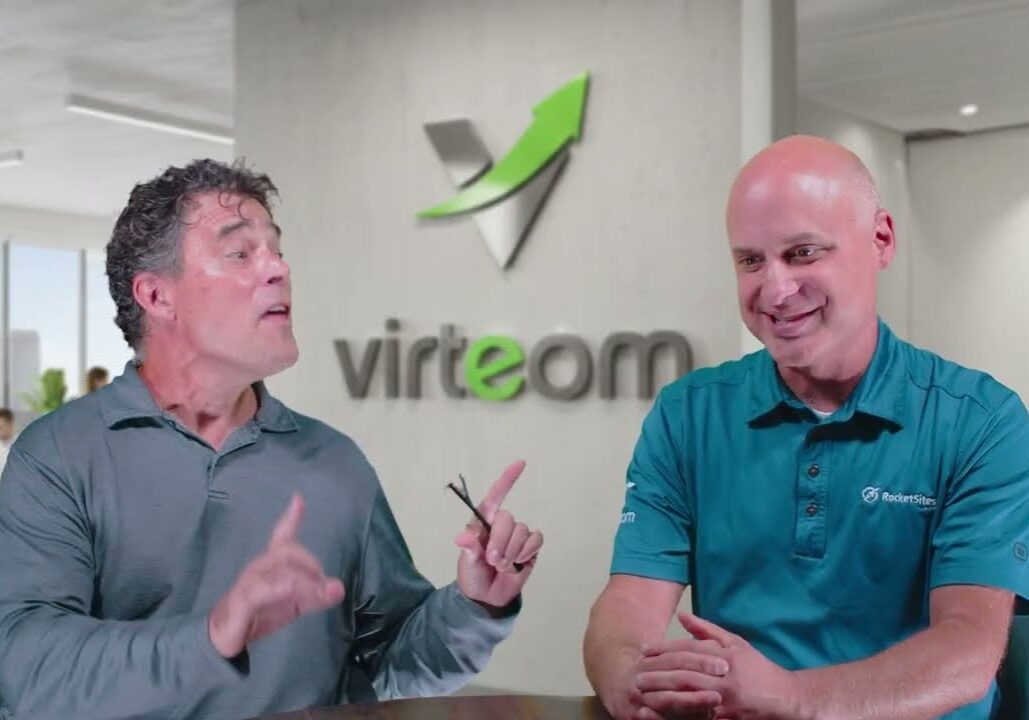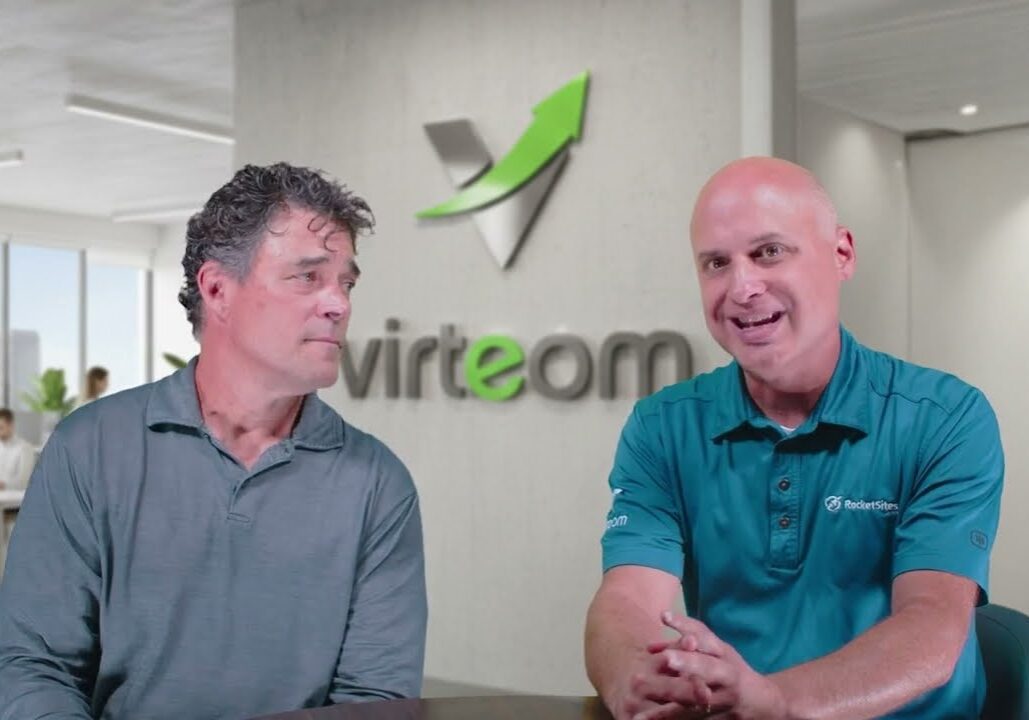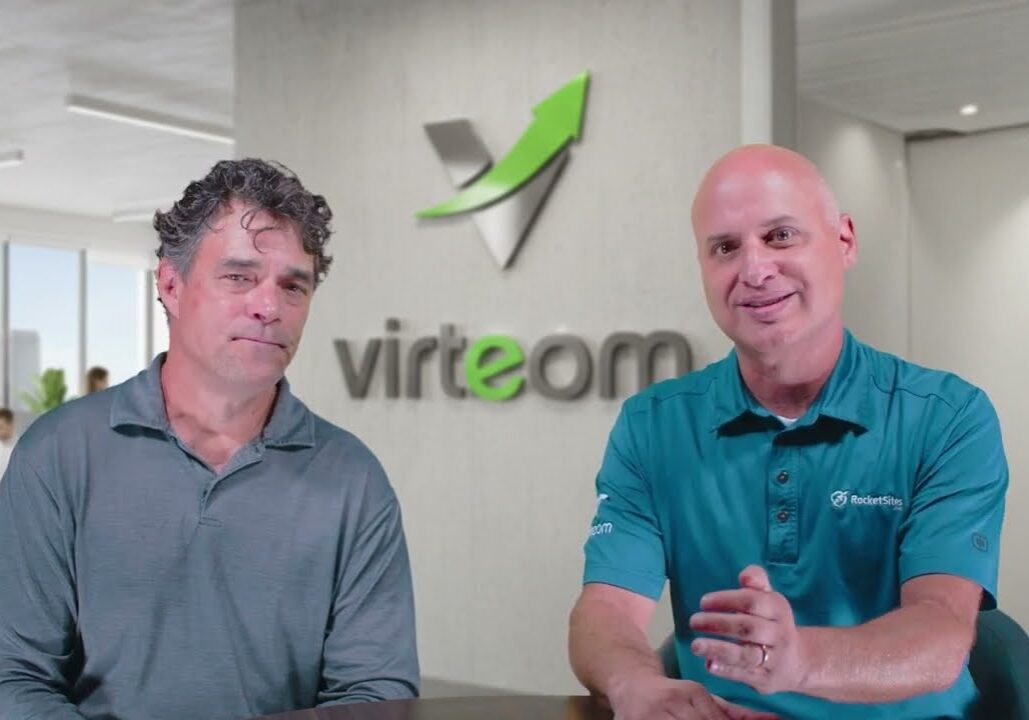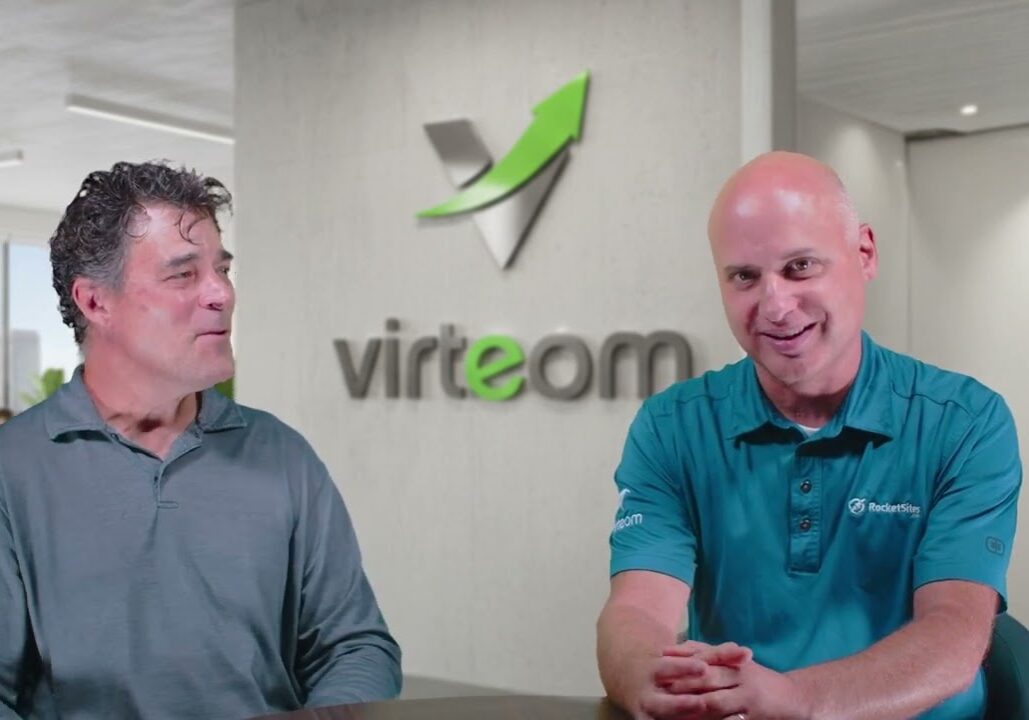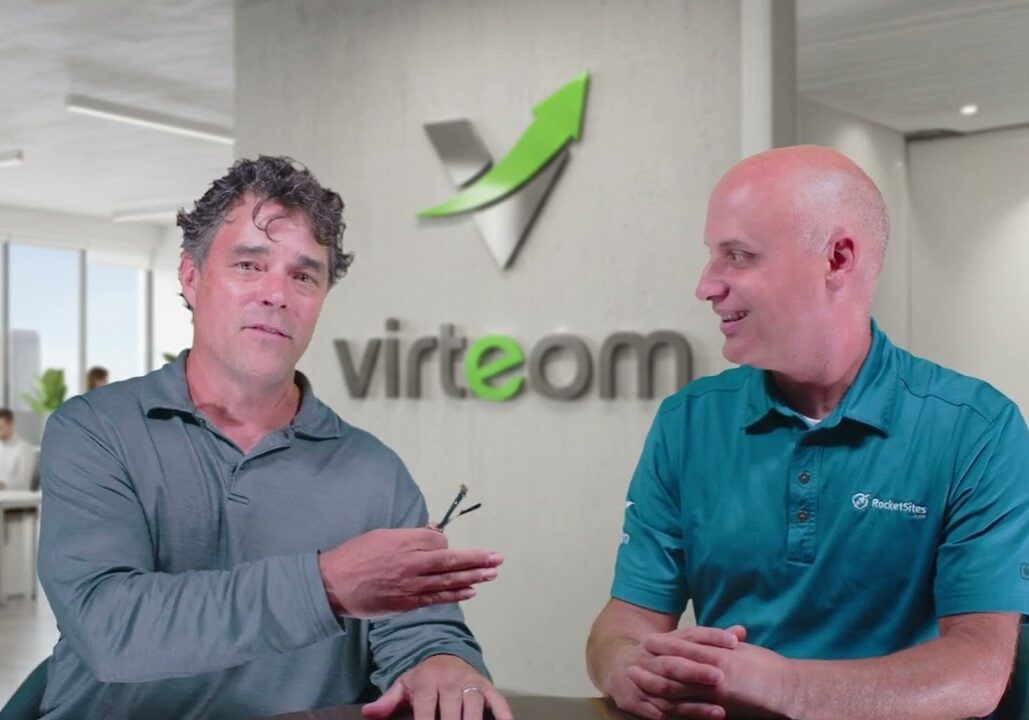In case you were not aware the next big buzz phrase is 'Original Content'. In fact some have come forward and claimed this to be a bigger moment than SEO. So what does it all really mean to you?
Let's take a closer look at what is meant by owning your own content. Most of this movement stems from Google. Google is basically dinging websites if it finds duplicate content on the web. So if you are just borrowing someone else's content and placing it on your website you may not be doing yourself any favors.
Try and place your content within a domain that YOU own and with hyperlinks that YOU control.
Are you the Owner?
Why did I underline and stress YOU? There is this trend or should I say movement where persons and organizations are utilizing third-party blogging services to store their original content. In some cases, persons or organizations are spending hundreds and even thousands a month to store this newly created content on the web.
The issue with this model is the content owner does not own the cloud-based blogging system where their content is housed. This means they do not own the hyperlinks to the content and can't control those hyperlinks which means they really don't own their own content either. If they invest years in storing this content in these subscription-based blog systems then they may become enslaved in subscribing to high monthly fees just to keep their content linked to the internet.
As we know over time links on websites grow and become popular through bookmarks and direct visits. Do you really want your links going through a third-party service you subscribe to?
Why is it a Threat?
So why is this such a threat? Virteom has customers that can actually measure how much business they are getting per hyperlink, in some cases between 5k and 20k a month in revenues per link. If they didn't own their own link then they would be enslaved to paying high monthly costs for those links indefinitely. This could become a large threat to businesses if they lose control of their own hyperlinks and ownership of their content. This is why Virteom has focused all of its technology on you being in control of your own content.
So why would people use these third-party blogging tools to put content into? These blogging networks tend to be big and always moving and churning with rich new content. Google likes these websites and index's them a lot. This allows page rank to happen quicker under some circumstances.
Our Suggestion
Our suggestion would be to try and store most of your original content within your own domain on your own CMS and only use these third-party systems as hooks to your original content rather than create a full-blown content strategy on a system that you will indefinitely have to subscribe to.
Cheat Sheet
Here is a cheat sheet to see if you own your own content…
- In your marketing strategy do you pay a third-party cloud-based system to host your blogs and articles on? If yes, you may not own your own content.
- If you answered yes to number 1 then there still may be a chance that you own your own content. Here's the next question. If you were to stop paying the third-party service would your content disappear?
- If you answered yes to the second question then you may not own your own content. Here's the next question. Assuming the third-party service disappeared and you were able to get all of your content offloaded onto your desktop, could you upload it back to a domain and recreate the exact same hyperlinks under the same domain that all of your articles used to be linked to? If you answered yes to any of these or one of these, you may be susceptible to indefinitely subscribing to content you created.
(Even if you could get your content set back up, what would that take in terms of cost and time? Could you do it fast enough so you wouldn't look at page ranks in Google? You would have to do it within a day at the latest.)
You own your own content if…
- It's on a domain that you own.
- It's on a CMS that you fully control and is under the domain you own.
- You write all your original content and do not borrow from others.
Helpful Tip
Helpful Tip: Marketing your own original content on your domain means you need to spread the word. Do this by creating simple Facebook, Twitter, and LinkedIn posts back to your articles on your website. This is the first step to a long-term growth strategy, not a short-term win.
The exception to the Rule
There may be times when using a paid third-party service makes sense, just don't put everything out there. If you do, you may find yourself in a bad situation years down the line. In some cases, there is also a reason to create a separate blog outside of your domain, such as a conflict of interest to your product or service. If not, do everything you can to house your content inside of your domain. Look at Amazon.com as an example, do you think they display their product listings outside of the domain they own? Sure they don't, it makes them bigger and stronger. Just because you may not be an eCommerce site, doesn't mean you should not try and build yourself as a thought leader in your industry and own your own domain of content.
